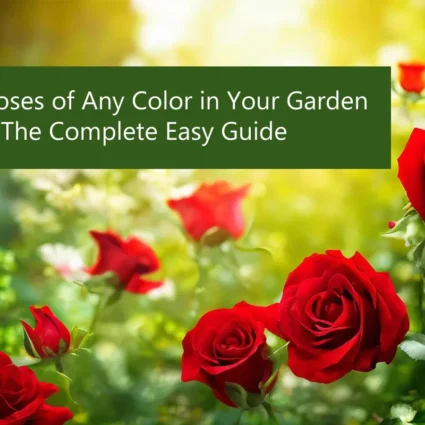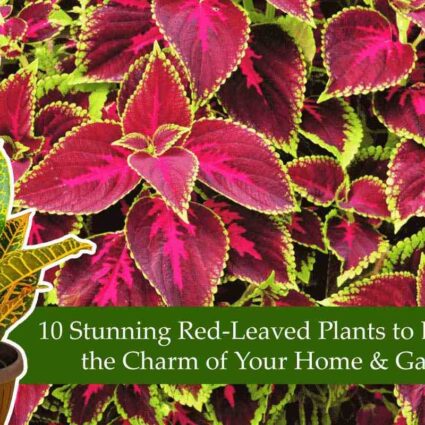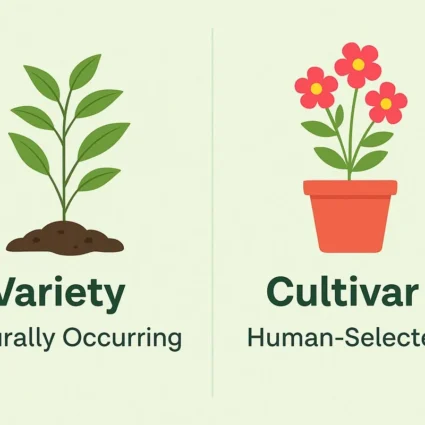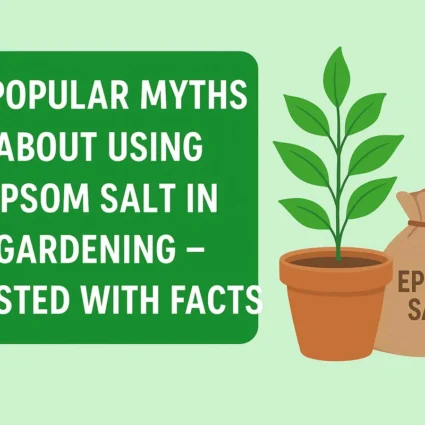Blogs
Apart from its medicinal benefits, Aloe Vera absorbs negative vibes and promotes positivity and healing energy.
Vastu Tip: Best placed in the kitchen or balcony where it gets indirect sunlight.

9. Neem Tree (Indian Lilac)
Vastu Placement: North-West corner of the garden
Neem is known for its strong purifying qualities. It is believed to eliminate negative energy and protect the household from evil eyes.
Vastu Tip: Plant at a distance from the house for shade and energy balance.

10. Banana Plant (Sacred Tree)
Vastu Placement: North-East direction of the garden













